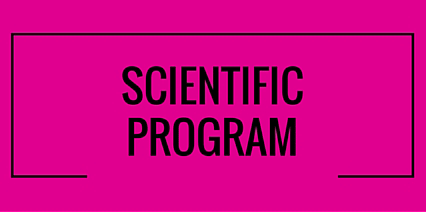
Bill Jackson
Founder and Chief Scientist, Base Pair Biotechnologies, USA
Title: Aptamers for quantitative sensing of small molecules using graphene biosensors and surface enhanced raman spectroscopy
Biography
Biography: Bill Jackson
Abstract
In many cases, conventional affinity reagents (e.g. antibodies) are not well suited for the sensitive detection of small molecule analytes. Small molecule targets are often non-immunogenic or, at the other end of the spectrum, too toxic for effective production of antibodies. Furthermore, many classes of pharmaceuticals such as opioids, for example, comprise many molecules of very similar structure, and therefore the available antibodies are cross-reactive. Aptamers, however, are discovered by purely in vitro means and thus toxicity or lack of immunogenicity are not an issue in their discovery. Furthermore, negative selection steps can be performed to rid candidate pools of binders to closely related analyte confounders.
In the presentation, we highlight the use of novel aptamers to small molecules discovered at Base Pair in two separate sensing platforms – 1) a commercial graphene-based field effect biosensor, and 2) surface enhanced Raman spectroscopy. Among the analytes are tenofovir, an important HIV drug, several opioid compounds, and a metabolite implicated in early, asymptomatic malaria infection. We present limits-of-detection in each platform as well as the potential advantages and disadvantages of each.

